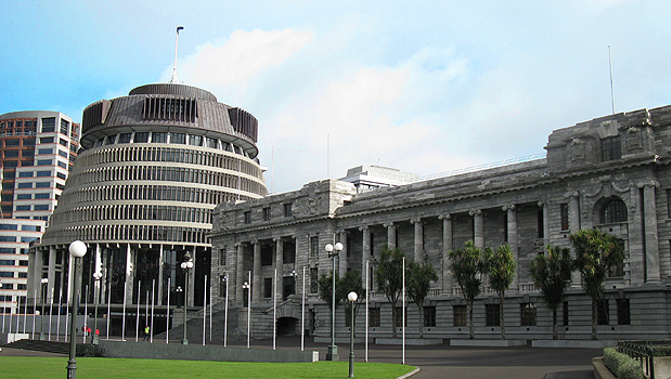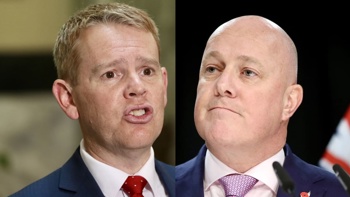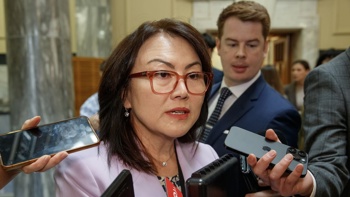
The Green Party has failed in its bid to force employers to collect and reveal gender-based pay rate information to employees.
Jan Logie's member's bill was defeated 61-60 on its first reading in parliament on Wednesday night.
It would have required employers to collect pay rate information based on gender, aggregate it and give it to employees on request.
Ms Logie argued that would allow women to discover whether there was pay discrimination in their workplace, and lodge equal pay claims if there was.
"This won't deliver pay equity by itself but it will provide transparency so women can tell whether they're being paid less than men," she said.
"It could be a game-changer for some women."
Ms Logie said the way pay equity was tracking in New Zealand, it would take until 2062 before parity was achieved.
"We could colonise the moon before that," she said.
Government MPs said the bill would create problems.
Barbara Kuriger said that in small businesses it would be simple to work out how much people were being paid based on aggregated information.
"When you get under the surface of this bill, there are a lot of fish hooks," she said.
"And gender is not the sole issue in determining pay rates."
Labour, the Greens, NZ First and the Maori Party supported the bill.
National and its support partners, ACT and United Future, opposed it.
After the vote, Ms Logie said women had been denied the opportunity to know when they were being underpaid.
"With the gender pay gap stagnating between 12 per cent and 14 per cent, we know that we need to more to see women paid fairly," she said.
Take your Radio, Podcasts and Music with you









